Superfoods for the Brain
Our brain needs healthy foods. What we eat affects how we think and feel, and there’s now ample evidence that consuming certain foods can help protect the brain and maximize its functioning. Though no single food will prevent dementia or protect memory as we age — the brain needs a variety of fruits, vegetables, proteins, and carbohydrates to function optimally. Incorporating these superfoods into your diet is an excellent way to ensure you're getting a broad spectrum of nutrients that can benefit your brain and your whole body!
Consider these dietary allies the next time you’re stocking your kitchen:
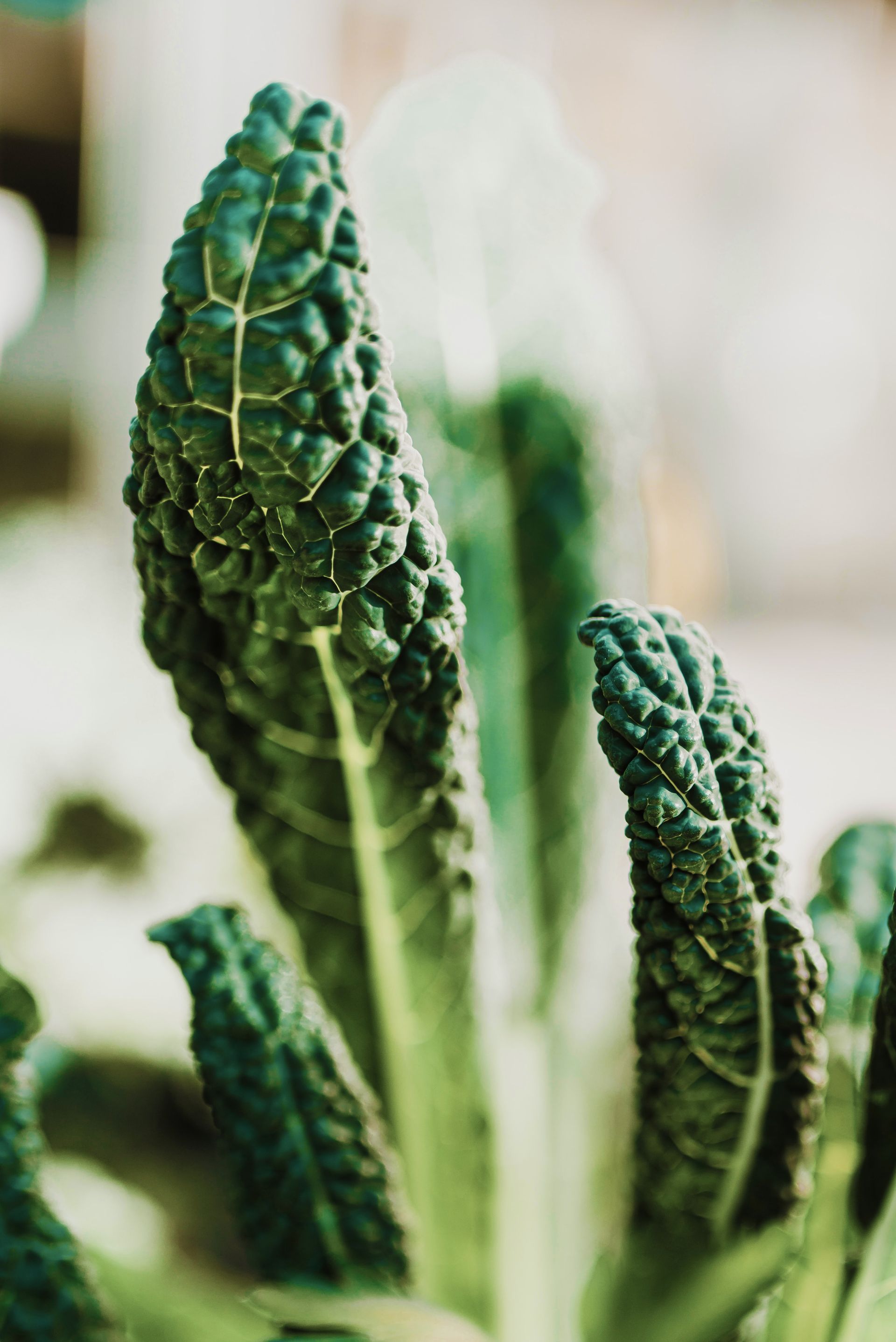
Kale
Kale contains large amounts of vitamin C (one serving has as much vitamin C as an orange), vitamin A, vitamin K, and is high in brain-supporting antioxidants including beta-carotene, flavonoids, and polyphenols. The nutrients in this long-stemmed, leafy green also include Omega-3 fatty acids and may help slow the loss of memory and thinking skills that typically come with age.

Eggs
In addition to being good for your vision, the nutrients vitamin D and lutein have been associated with better cognitive function in older adults. Eggs have both nutrients, and regular consumption of eggs has been associated with improved cognitive performance in adults.
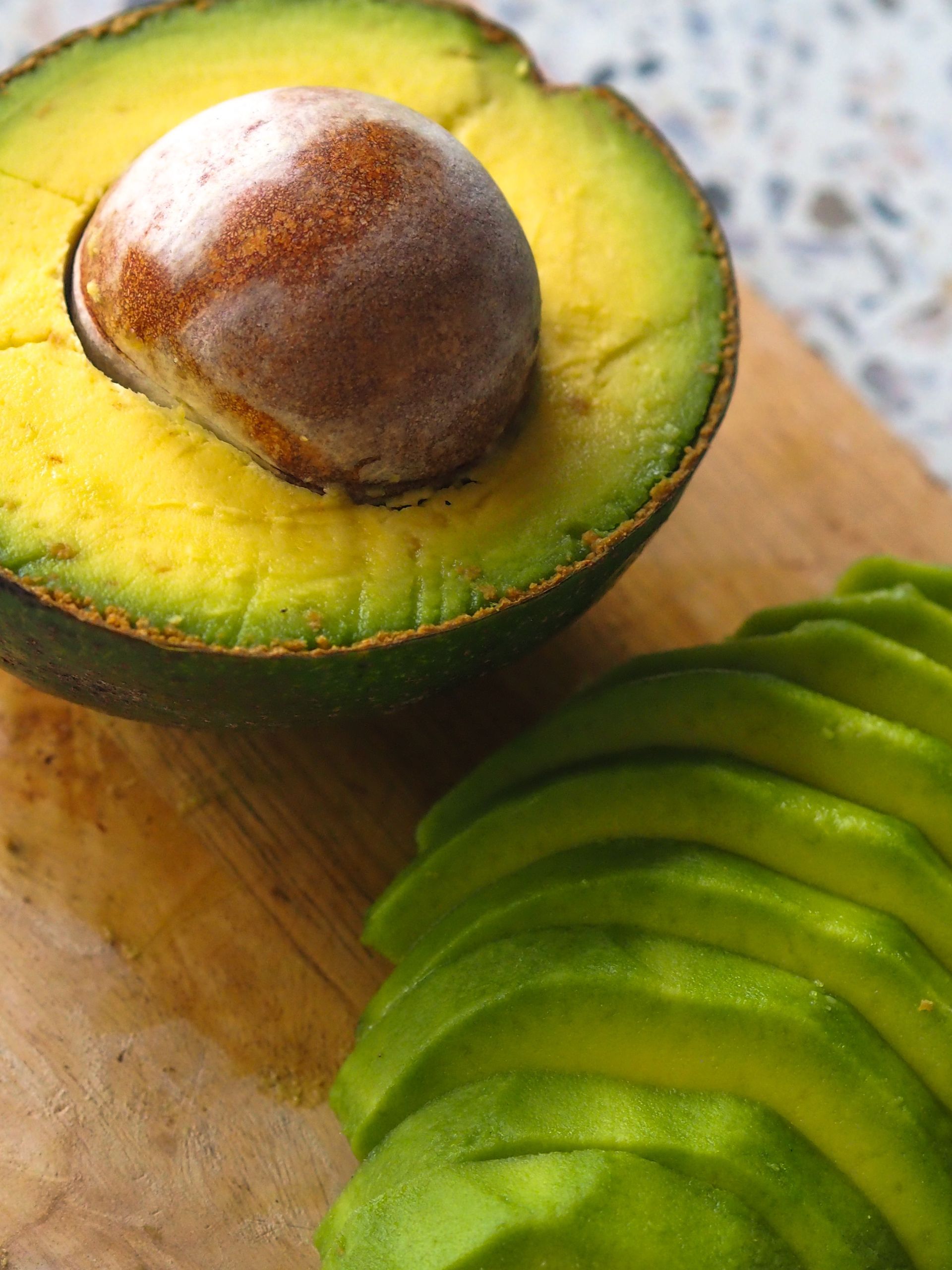
Avocados
This fruit provides B vitamins that studies have found may boost mood, reduce anxiety, and relieve irritability. In addition, by reducing high blood pressure, the unsaturated fats in avocados may lower the risk of cognitive decline.
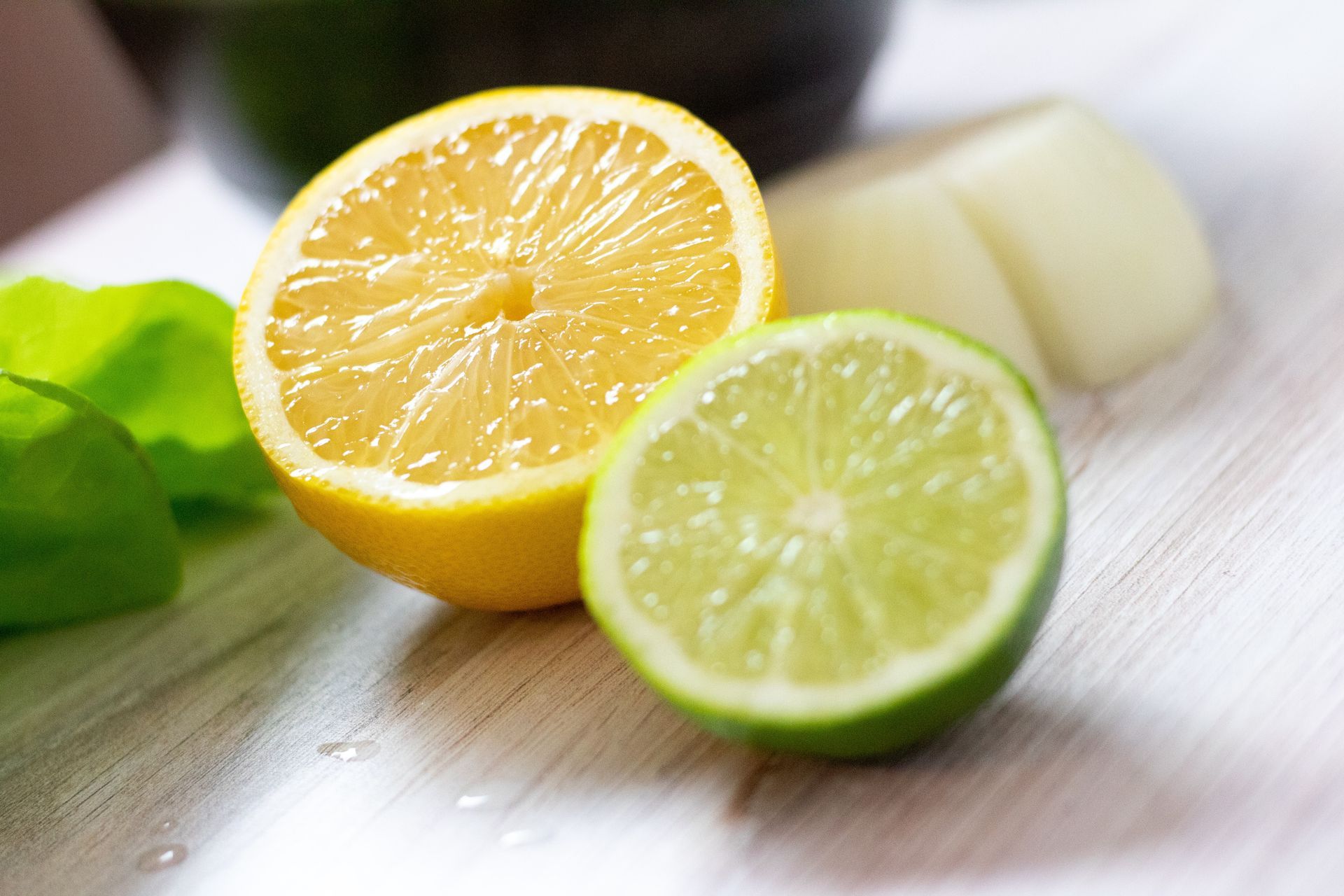
Lemons and limes
A naturally occurring compound in citrus fruits may help safeguard the brain's nerve cells.
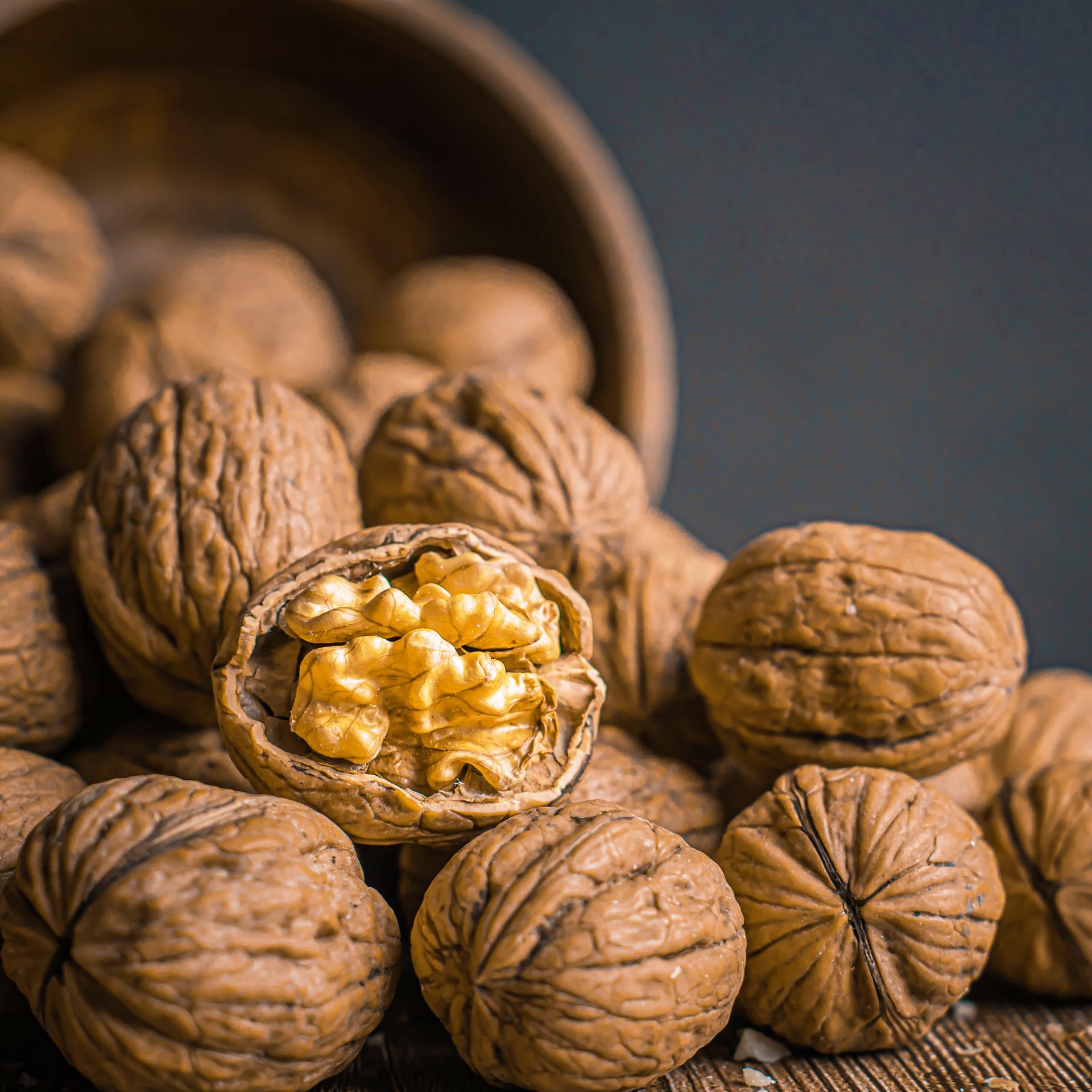
Walnuts
Walnuts are the top nut for brain health. They have a significantly high concentration of DHA, a type of Omega-3 fatty acid.
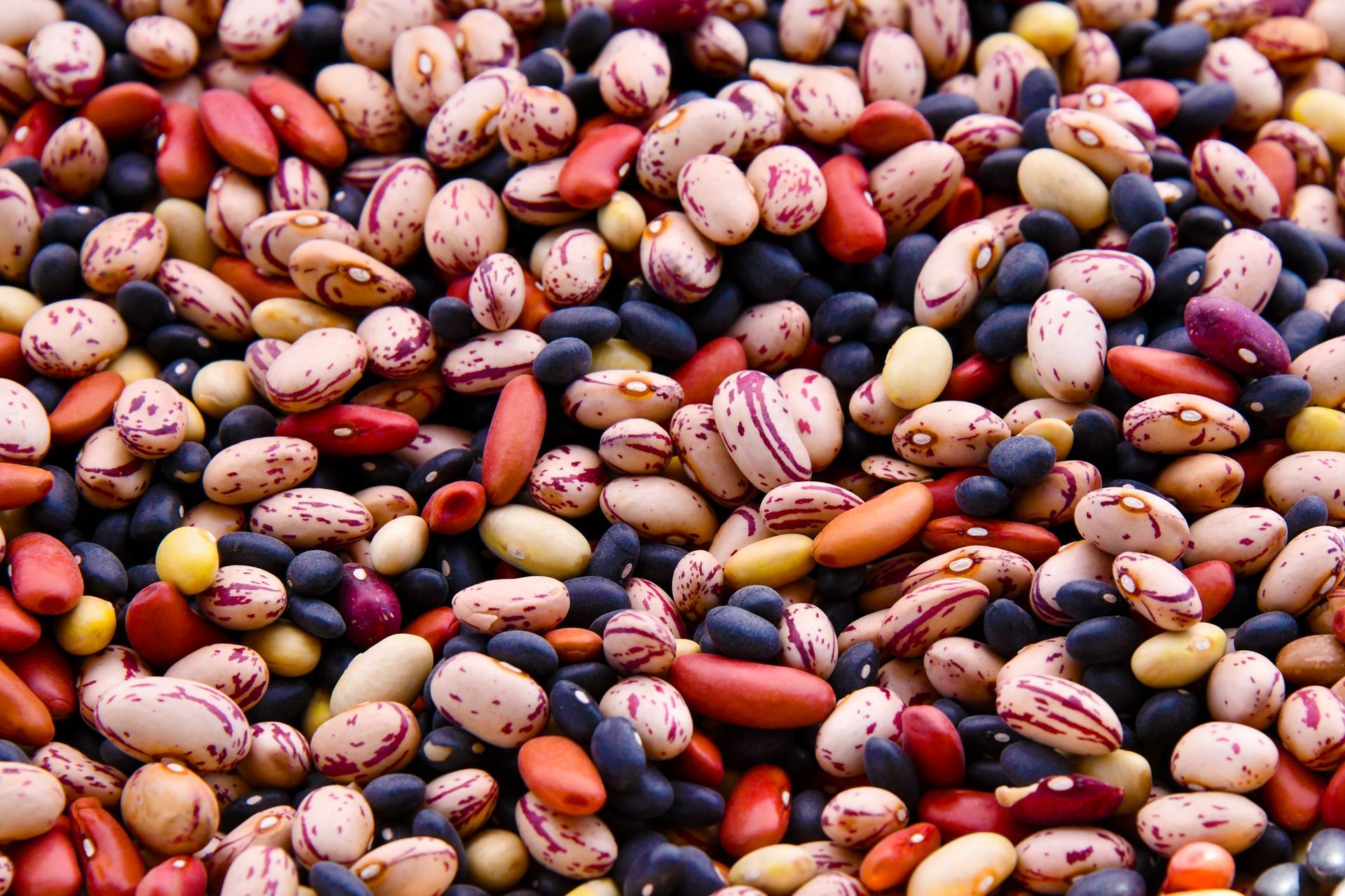
Beans
Beans pack a powerful punch of brain-friendly nutrients, including magnesium, zinc, fiber, antioxidants, and folate. Folate is essential for brain function. Deficiencies in this particular nutrient have been linked to neurological disorders, such as depression and cognitive impairment.
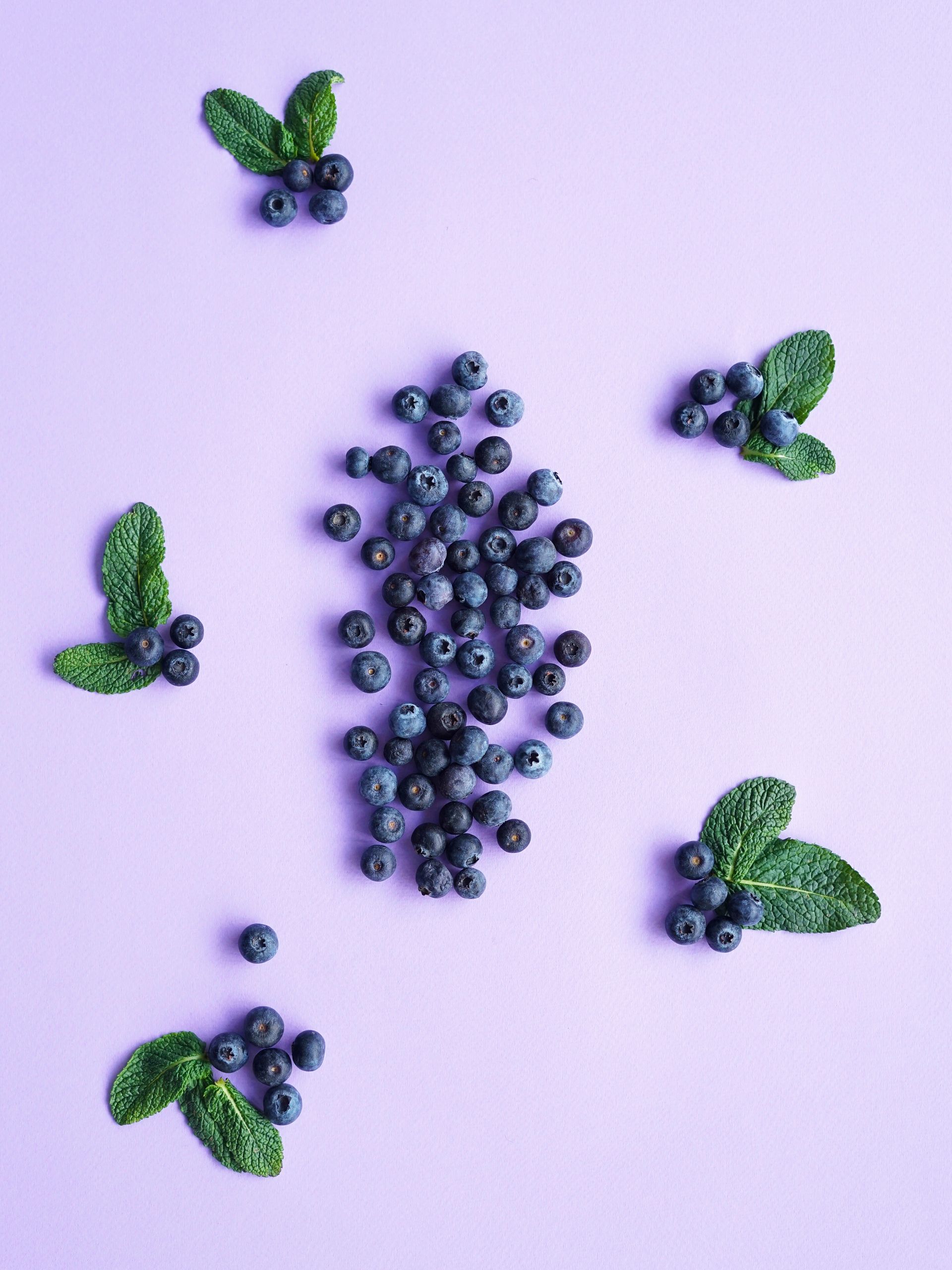
Rolled oats
Rolled oats and other whole grains provide a steady supply of glucose to fuel the brain. Oats also contain choline, which the body needs in order to produce a neurotransmitter called acetylcholine. Acetylcholine helps with both learning and memory.

Extra-virgin olive oil
Compounds found in this oil may increase mental focus and slow decline in thinking skills. Olive oil reduces brain inflammation and activates a process called autophagy, where cells break down and clear out intracellular debris and toxins. If this process doesn’t happen, it can mark the beginning of Alzheimer’s disease.

Green tea
Research indicate that the combination of caffeine and L-theanine improves brain function by strengthening working memory and attention. Green tea also boosts focus and mood improvement.










